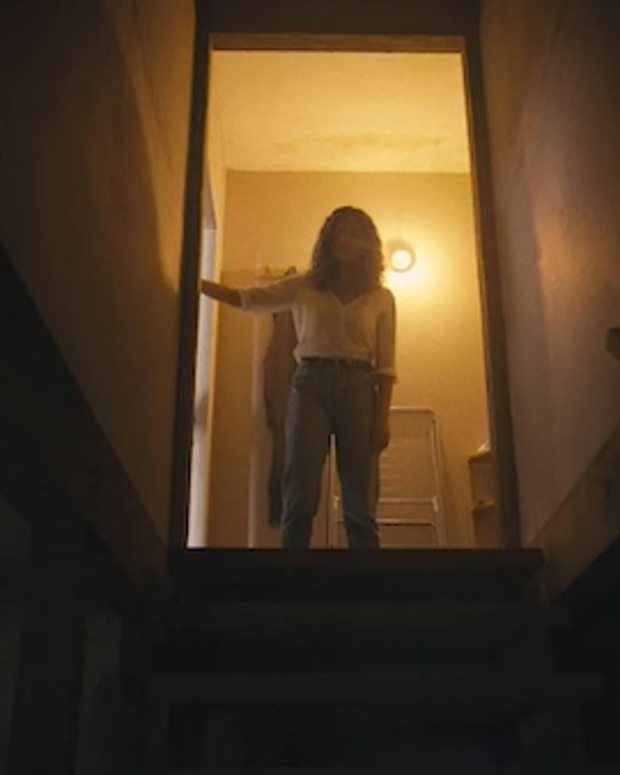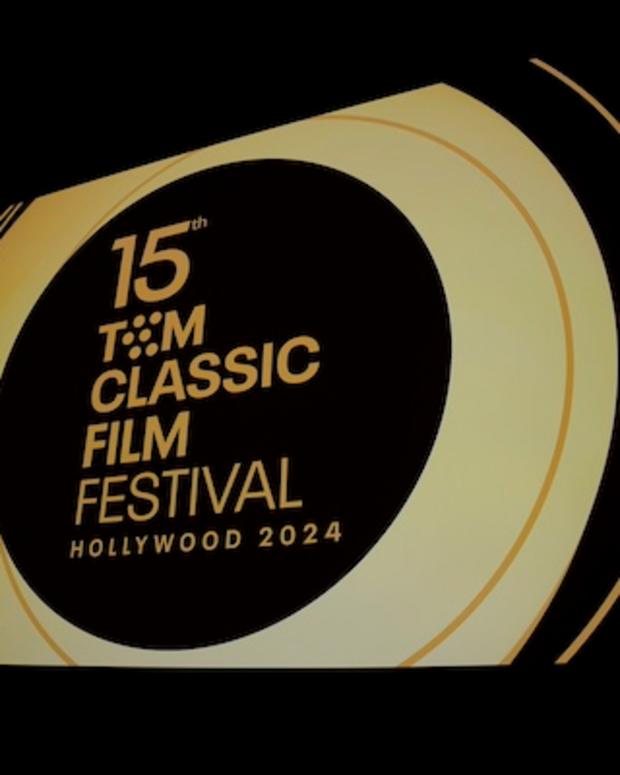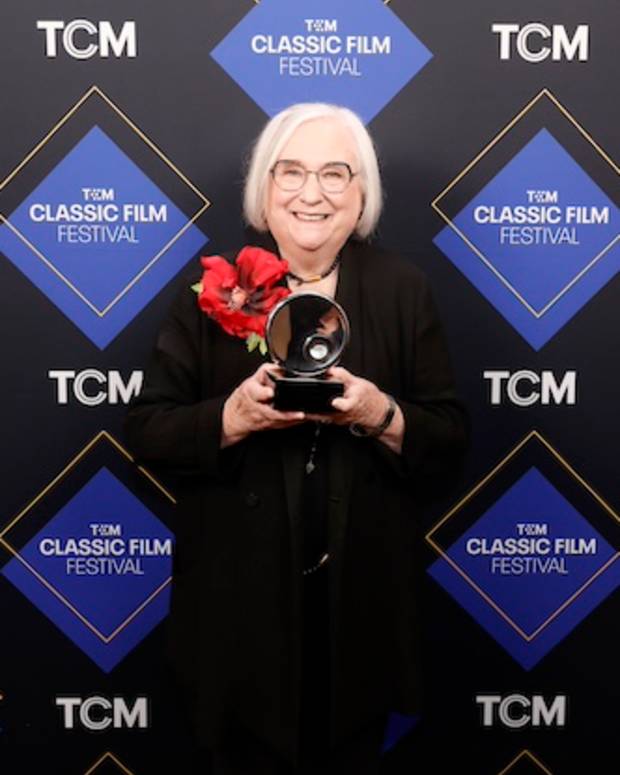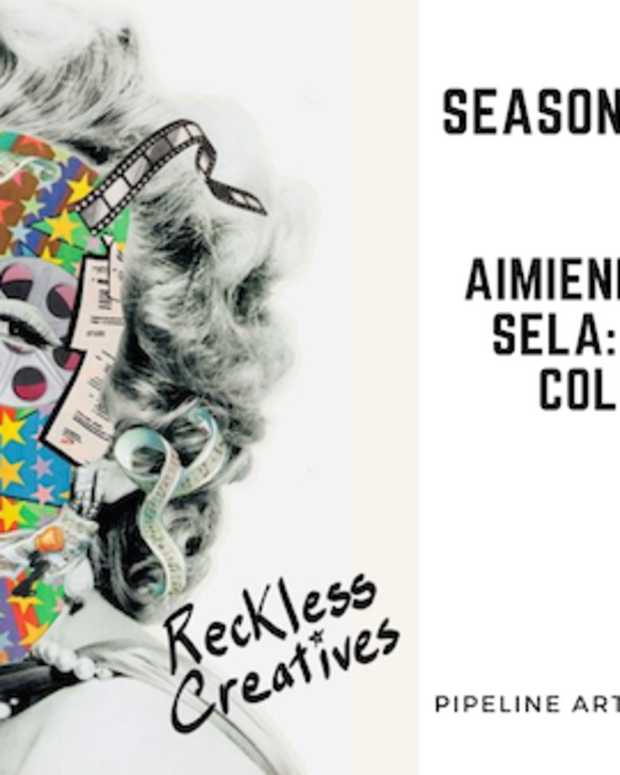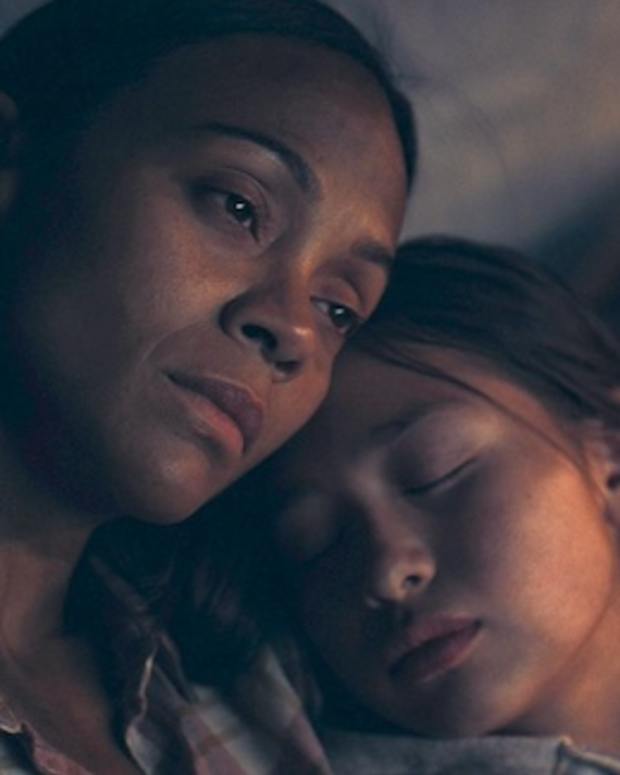WHAT IS STORY?: Types of Stories, Plot Types, Themes & Genres
Jerry Flattum explores the varying plot types, story types, themes and genres to help you write a marketable screenplay.
Click to tweet this article to your friends and followers!
When an idea is born for a script, at first it doesn't matter what kind of story it is. A great idea is a great idea, right? But, defining the story type, understanding the underlying themes, and knowing where the story falls commercially (genres) clearly helps determine both structure and direction.
Dictionary definitions of what a story is just don't cut it, i.e., "an account of incidents or events," or "An account of imaginary or real people and events told for entertainment," or...the part of a building comprising all the rooms that are on the same level." Couldn't resist the last definition since some screenwriting gurus like to compare the construction of a script to the building of a house.
When it comes to story types, genres and plot types, the number of different types ranges from 1 to whatever. A single plot archetype might be that all stories begin with conflict. Comedy and Tragedy might be all that's needed for 2 types.
Types of Conflicts Include:
- Human vs. self
- Human vs. human
- Human vs. nature
- Human vs. environment
- Human vs. technology (machine)
- Human vs. supernatural
- Human vs. god
Usually there's a human involved, but conflict can certainly be animal vs. animal, etc.
In Christopher Booker's, The Seven Basic Plots: Why We Tell Stories, the 7 plots are:
- Overcoming the monster
- Rags to Riches
- The Quest
- Voyage and Return
- Comedy
- Tragedy
- Rebirth
Blake Snyder shoots for 10 basic plot types in his, Save the Cat! The last Book on Screenwriting You'll Ever Need:
- Monster in the House
- Out of the Bottle (Wishes and curses)
- Whydunit
- Golden Fleece (Quest; Journey)
- Rites of Passage
- Institutionalized
- Buddy Love
- Superhero
- Dude with a Problem
- The Fool Triumphant (Underdog)
Meanwhile, Ronald Tobias doubles 10 to 20 in, 20 Master Plots: And How to Build Them:
- Quest
- Adventure
- Pursuit
- Rescue
- Escape
- Revenge
- The Riddle
- Rivalry
- Underdog
- Temptation
- Metamorphosis
- Transformation
- Maturation
- Love
- Forbidden Love
- Sacrifice
- Discovery
- Wretched Excess
- Ascension & Descension
Georges Polti ups the ante, The Thirty-Six Dramatic Situations:
- Supplication
- Deliverance
- Crime Pursued by Vengeance
- Vengeance taken for kindred upon kindred
- Pursuit
- Disaster
- Falling Prey to Cruelty of Misfortune
- Revolt
- Daring Enterprise
- Abduction
- The Enigma (temptation; riddle)
- Obtaining
- Enmity of Kinsmen
- Rivalry of Kinsmen
- Murderous Adultery
- Madness
- Fatal Imprudence
- Involuntary Crimes of Love (Incest)
- Slaying of a Kinsman Unrecognized
- Self-Sacrificing for an Ideal
- Self-Sacrifice for Kindred
- All Sacrificed for Passion
- Necessity of Sacrificing Loved Ones
- Rivalry of Superior and Inferior
- Adultery
- Crimes of Love
- Discovery of the Dishonor of a Loved One
- Obstacles to Love
- An Enemy Loved
- Ambition
- Conflict with a God
- Mistaken Jealousy
- Erroneous Judgement
- Remorse
- Recovery of a Lost One
- Loss of Loved Ones
Some of the listings, going by title alone, are a bit obscure, and require reading the book to understand in greater detail.
Want More Types of Stories, Plots, Genres, and Themes?:
- Anecdote
- Apologue
- Bedtime Story
- Captivity
- Chivalric romance
- Creation myth
- Etiological myth
- Fable
- Factoid
- Fairy tale
- Farce
- Fish-Out-Of-Water
- Folklore
- Folkloristics
- Ghost story
- Joke
- Legend
- Myths
- Oral tradition
- Parable
- Political myth
- Popular belief
- Popular misconception
- Satire
- Short Story
- Tall tale
- Tales around the campfire
- Urban legend
Clearly there's a fair amount of overlap in these lists. Genres are similar to story type, or more accurately, types of stories fall within certain genres:
- Action
- Adventure
- Animation
- Biography
- Comedy
- Coming of Age
- Courtroom
- Crime
- Epic
- Erotica
- Fantasy
- Film Noir
- Historical
- Horror
- Mystery
- Philosophical
- Political
- Religion
- Romance
- Saga
- Satire
- Science fiction
- Slice of Life
- Spy
- Supernatural
- Thriller
- Urban
- War
Well, there are actually hundreds of film and TV genres, criss-crossing fiction genres and maybe a few music genres as well. Obviously it would take a book to go into all the various types in detail, so I'll focus on just a few less obscure ones.
Themes are equally numerous. The more common types of themes include:
- Redemption
- Resurrection
- Prodigal Son
- Transformation
- Vengeance
- Innocence
- Justice
- Sacrifice
- Jealousy
- Friendship
- Fate
And the biggest one of all: Love.
Monster
A fairly easy type to understand, monsters include everything from the supernatural to aliens and dinosaurs, and of course, classic monsters like Freddie and even Hannibal Lecter. Monsters are scary. It takes courage to do battle against monsters.
Adventure
Another fairly easy category to grasp, Indiana Jones, Around the World in 80 Days, Titanic, Matrix, Robin Hood, Lord of the Rings, Back to the Future, to name a few. Adventure stories are usually heroic (even when the character is ordinary), fast paced with lots of action, overcoming larger-than-life obstacles, and take us to exotic places.
Rags to Riches
Rags to Riches stories usually have happy endings, where a downtrodden character overcomes numerous obstacles and rises above his/her limitations. The story or character arc doesn't necessarily have to be financial. Even Rocky could be deemed rags to riches. Cinderella, a fairy tale, is perhaps the most popular. Other examples: My Fair Lady, Slumdog Millionaire, Scarface and Trading Places.
Buddy Stories
Numerous buddy stories abound, friends who might be good, bad or ugly. Rain Man is about 2 brothers who become best friends. Lethal Weapon is two cops. Thelma & Louise is a tragic tale of two women so close, they're willing to die together.
Superhero
Superheroes are not always comicbook, such as Gladiator or A Beautiful Mind. But then, when we think of superheroes, we think of the stories that launched our childhoods: Batman, Spiderman, Superman.
Download your FREE copy of Breakdown of Film Genres to get insights into writing genres and how to determine which screenplay genre would serve your story the best:
[form id="230010"]
Join the Script newsletter and find excellent resources to improve your screenwriting today!
- More What is a Story? articles by Jerry Flattum
- What is a Story? Revenge vs. Forgiveness
- Meet the Reader: The Promise of 'Gravity'
REGISTER NOW!
Get your story on the page with the help of our Screenwriters University class
10 Weeks to Your Feature Film





